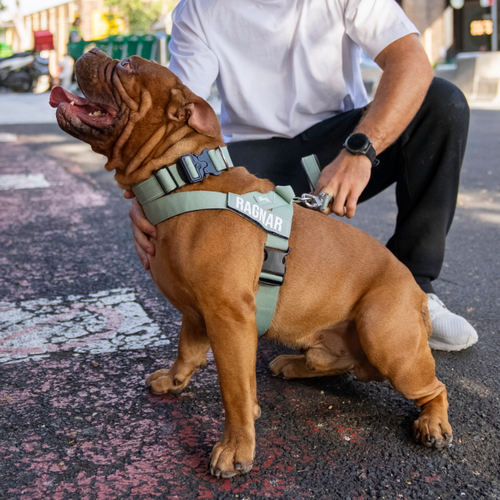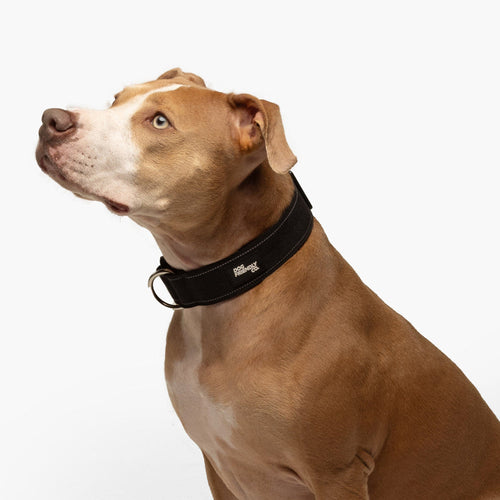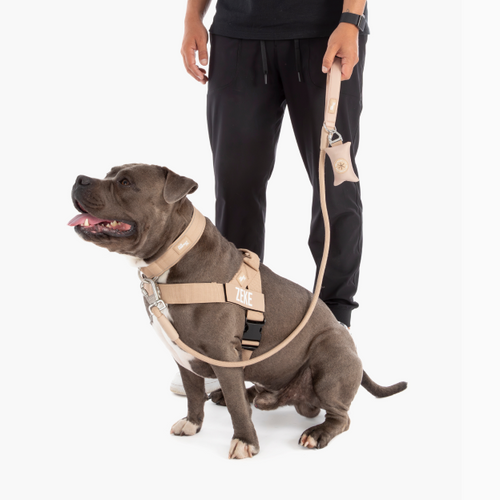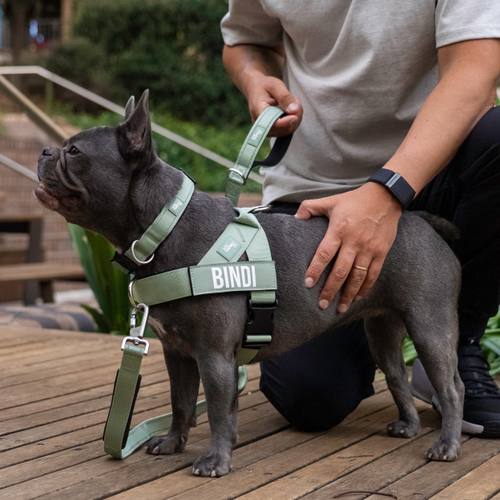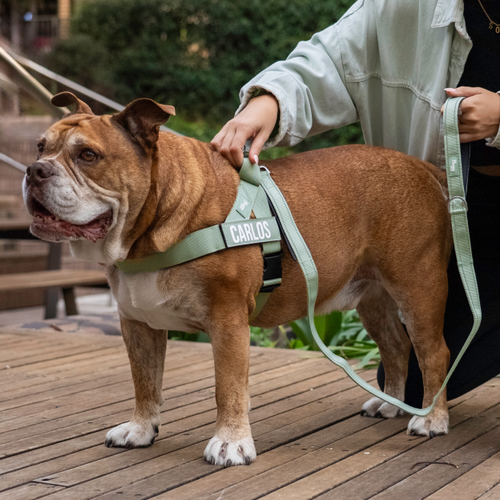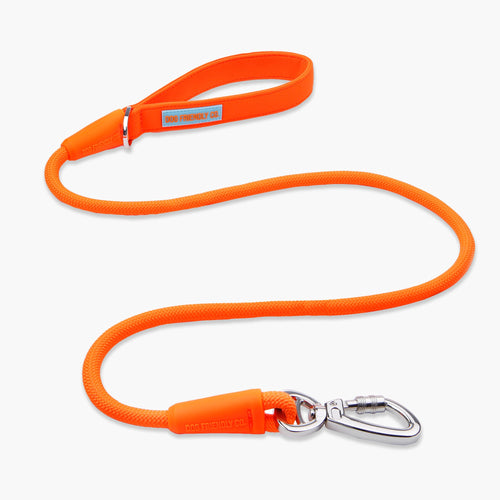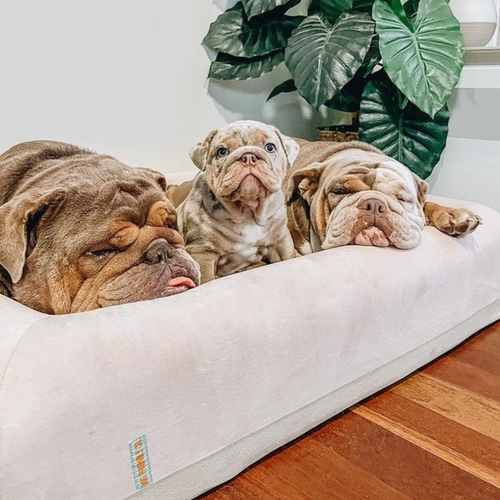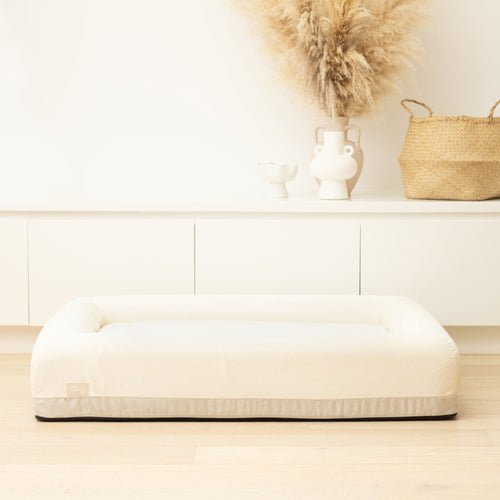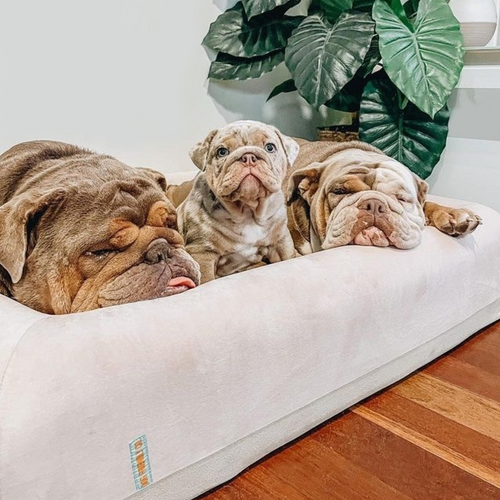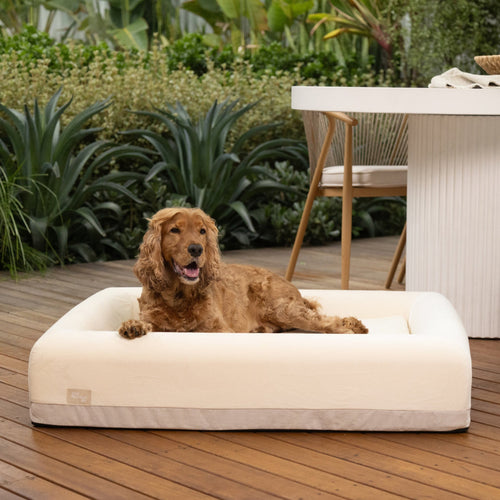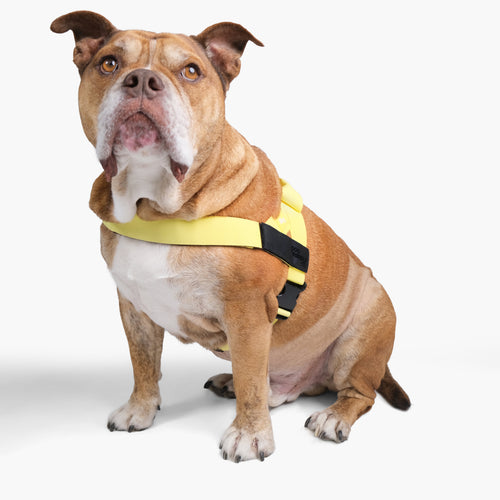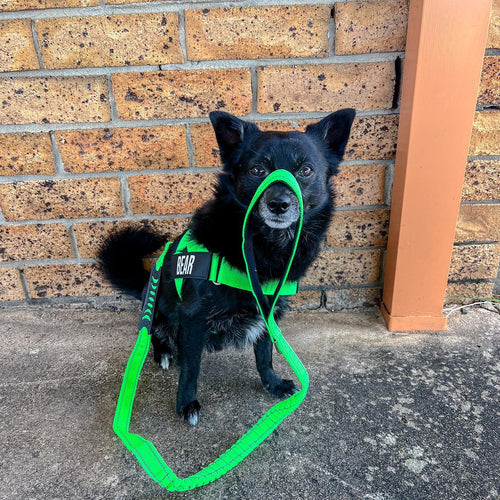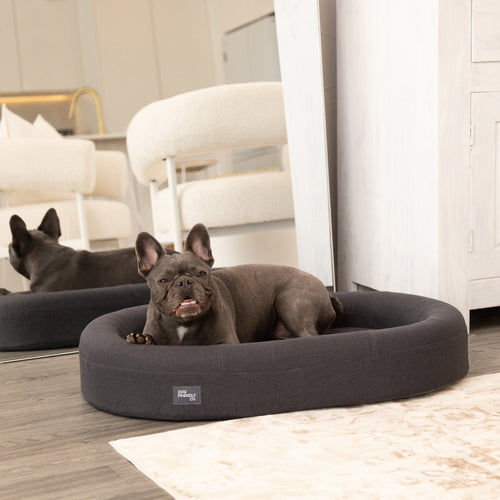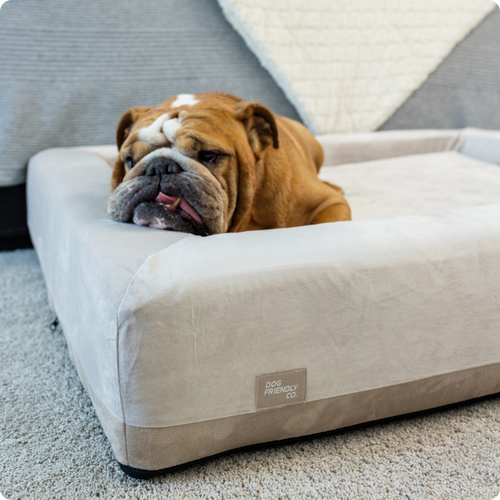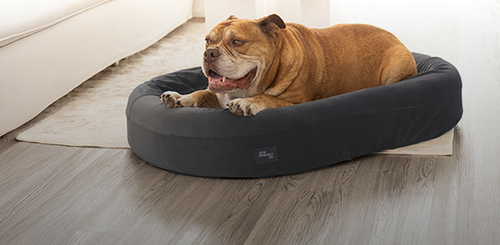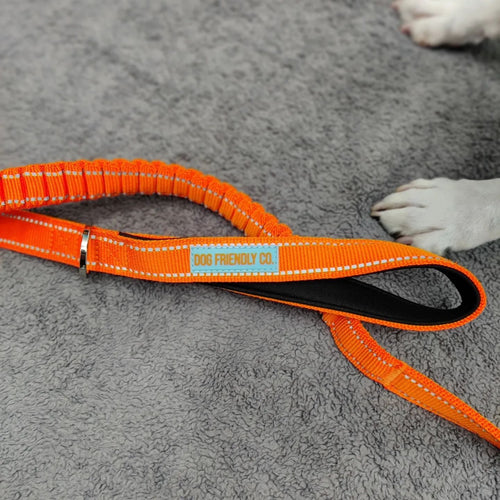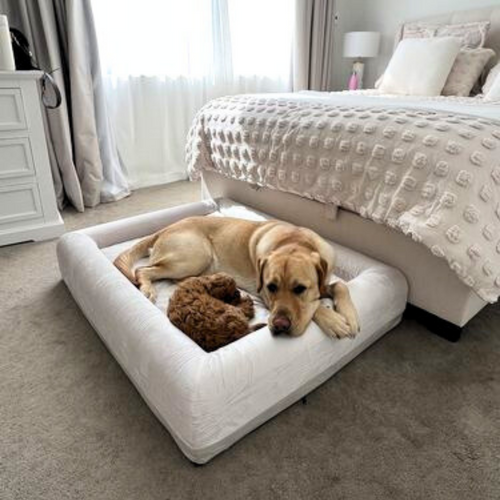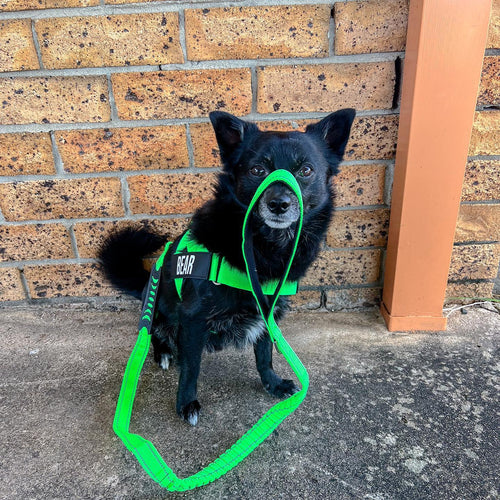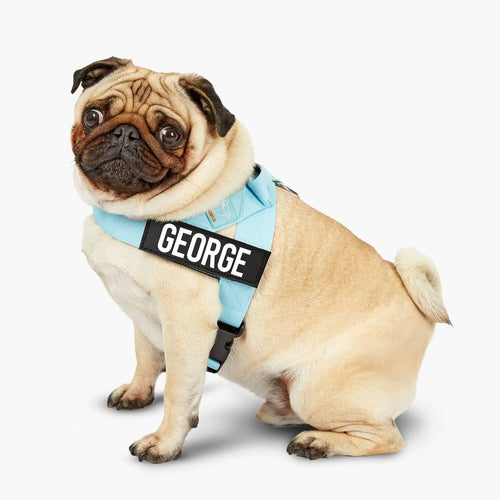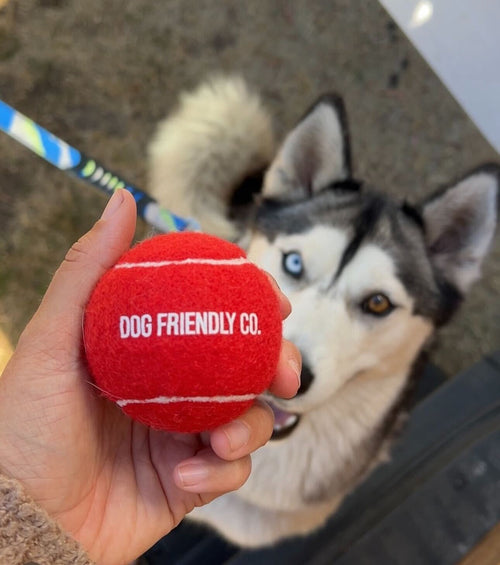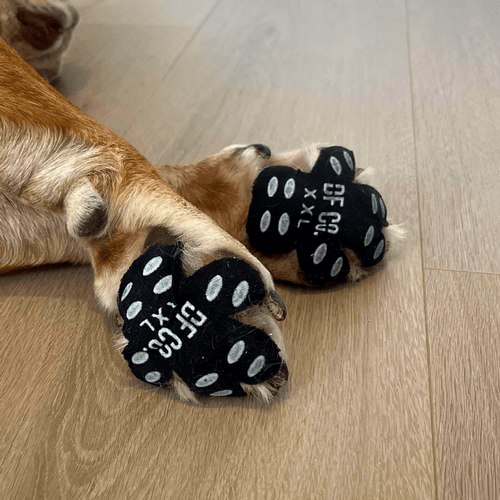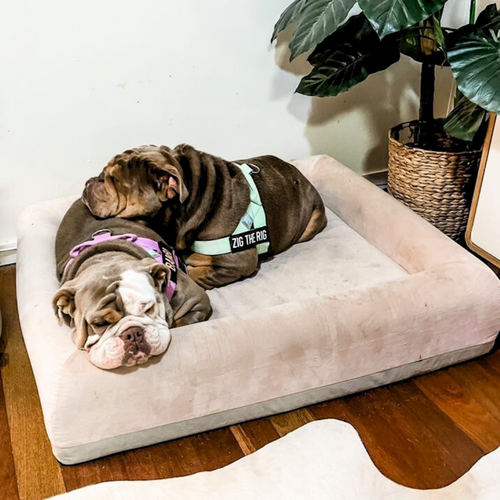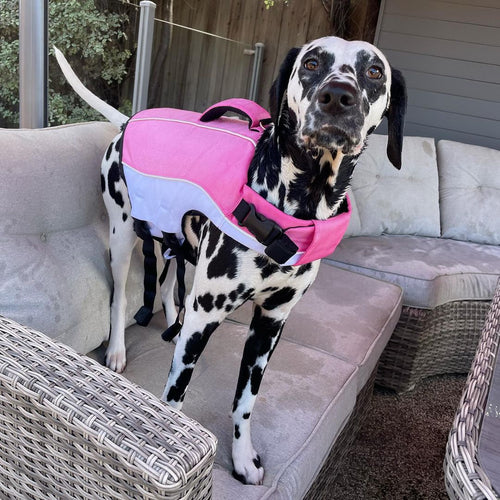If you've ever noticed your dog showing a clear preference for certain sleeping spots, you may have asked yourself: Do dogs prefer hard or soft beds? Just like humans, each dog has unique comfort preferences, and these can vary depending on a number of factors such as their age, size, health, and even personality. Some dogs seem perfectly content sleeping on the floor, while others can't resist curling up on a soft, cushiony surface. Understanding why your dog prefers one type of bed over another can help you choose the right option that supports their comfort and well-being.
In this article, we’ll dive deeper into the factors that influence whether your dog might prefer a hard or soft bed. From natural instincts and sleeping positions to health conditions like arthritis, there are several reasons that could shape your dog’s bed preference. Whether you're shopping for a new bed or reassessing your dog’s current sleeping setup, this guide will provide valuable insights and practical tips to help you choose the perfect dog bed for your furry friend’s needs. After all, a comfortable dog is a happy dog, and providing the right bed can play a big role in their overall quality of life.
Understanding Bed Preferences in Dogs
Dogs, like people, have individual sleeping habits. Some prefer curling up in a cosy nook, while others sprawl out across the floor. These sleeping preferences can provide valuable insights into the type of bed they might favour.
Natural Instincts
Dogs have inherited natural instincts to seek comfort and security in their sleeping environment. Many dogs, especially those with strong denning instincts, will look for a space that feels protected, which may affect their choice of a soft, cushioned bed or a firmer, more structured sleeping surface.
Factors Influencing Bed Preference
Your dog's bed preference can be influenced by several factors, including their age, size, health, and sleeping style.
Age and Life Stage
- Puppies and Young Dogs: Younger dogs tend to prefer softer beds, as they offer warmth and comfort, which is especially soothing during growth phases.
- Senior Dogs: Older dogs, particularly those suffering from joint pain or arthritis, may need firmer support to alleviate discomfort and promote restful sleep.
Size and Weight
- Small vs. Large Breeds: Smaller dogs often enjoy softer beds that allow them to burrow and feel secure. On the other hand, larger breeds typically need more support to avoid sinking into overly soft bedding.
- Heavy vs. Light Dogs: Heavier dogs benefit from firmer beds that offer support and prevent them from sinking too deeply, while lighter dogs might enjoy the plushness of a softer bed.
Health and Physical Condition
- Joint and Muscle Issues: Dogs with arthritis, hip dysplasia, or other joint problems usually prefer firmer beds that provide the necessary support for their aching joints.
- Injuries and Recovery: Dogs recovering from surgery or injury may need specialised bedding that combines comfort with support to promote healing.
Sleeping Position
- Curled Up vs. Sprawled Out: Dogs that like to curl up might appreciate a softer bed that feels like a cosy nest, while those that stretch out may prefer a firmer bed that offers more space and support.
- Nestling vs. Stretching: Nestling dogs often gravitate towards softer, cushiony beds where they can burrow, whereas dogs that stretch out fully might find firmer beds more comfortable for support.
Climate and Environment
- Warm Climates: In warmer climates, dogs might prefer firmer, cooler beds that allow for better air circulation and prevent overheating.
- Cold Climates: In colder climates, softer beds with insulation can provide warmth and comfort, helping dogs stay cosy during colder nights.
Pros and Cons of Hard vs. Soft Beds
Hard Beds
- Advantages: Offer better support for dogs with joint issues, tend to be more durable, and are less likely to flatten over time.
- Disadvantages: May be less comfortable for smaller breeds or dogs that enjoy burrowing into softer bedding.
Soft Beds
- Advantages: Provide comfort and warmth, great for dogs that enjoy nestling or burrowing.
- Disadvantages: Lack of support for larger or heavier dogs, can flatten or lose shape over time, and may not be ideal for dogs with joint pain.
How to Choose the Right Bed for Your Dog
Choosing the perfect bed for your dog requires careful observation of their habits, sleeping preferences, and health needs. Dogs, just like humans, have individual comfort requirements, so understanding your dog’s unique behaviour is key to finding a bed that will support their comfort and overall well-being.
Assessing Your Dog’s Needs
- Health Considerations: If your dog is dealing with joint or muscle issues, such as arthritis or hip dysplasia, an orthopaedic bed that provides firm, consistent support is essential. These beds are designed to alleviate pressure on sore joints, improving your dog's quality of rest. Additionally, consider your dog’s life stage. Senior dogs often benefit from firmer beds that can help with mobility, while younger, more active dogs might enjoy softer beds that offer warmth and cosiness.
- Behavioural Observations: Pay close attention to where your dog chooses to sleep. If they gravitate towards hard surfaces like the floor, they may prefer a firmer bed that mimics that feel. Alternatively, if they love lounging on soft couches or blankets, a plush bed might be more their style. Observing these habits can provide valuable insight into the type of bed that will best suit their needs.
Trying Different Options
- Test Different Beds: Since dogs can have individual preferences, it can be helpful to try both hard and soft beds to see which your dog prefers. Place the beds in areas where your dog typically sleeps and watch for signs of comfort or relaxation. If they seem to settle quickly and sleep soundly, you’ve likely found the right match.
- Consider Hybrid Beds: If your dog seems to need a mix of support and comfort, hybrid beds are an excellent choice. These beds combine the firm support of orthopaedic beds with a plush, cushioned top layer for added softness, giving dogs the best of both worlds. Hybrid beds can be particularly beneficial for dogs that need support but still enjoy a soft sleeping surface.
Specific Bed Recommendations
- Orthopaedic Beds: These beds are ideal for senior dogs or those with joint issues. They provide firm, structured support that helps alleviate pressure points, making them the perfect choice for dogs that need extra comfort for their joints and muscles.
- Cushioned or Pillow Beds: Dogs that love to curl up and nestle into soft bedding will benefit from cushioned or pillow-style beds. These beds offer a cosy, enveloping feel that’s perfect for dogs who enjoy burrowing or nestling in for warmth and security.
- Elevated Beds: In warm climates, elevated beds are a fantastic option. They keep dogs cool by allowing airflow underneath the bed, making them ideal for larger breeds or dogs that overheat easily. These firmer beds also provide good support without being too soft.
Material Considerations
- Durability: If your dog is large or very active, durability is key. Opt for beds made from high-quality, robust materials that can withstand daily wear and tear. Larger dogs, in particular, need beds that won’t flatten or lose shape over time.
- Ease of Cleaning: Dogs can track dirt, hair, and moisture into their beds, so choosing a bed with removable, washable covers is a practical option. This makes maintenance easy and ensures the bed stays clean and fresh, especially for softer beds that may accumulate more debris.
Common Myths About Dog Bed Preferences
- Myth: All Dogs Prefer Soft Beds: While it’s true that many dogs enjoy the cosiness of soft beds, not all dogs prefer them. Dogs with joint or muscle issues often prefer firmer beds that provide the necessary support for their bodies. Preferences vary widely depending on the dog’s individual health and comfort needs.
- Myth: Hard Beds Are Uncomfortable: Though hard beds might seem less cosy, they can actually be beneficial for dogs with joint problems, as they provide more structured support. Larger or heavier dogs, in particular, may find firm beds more comfortable because they prevent excessive sinking, which can strain the joints.
Ready To Find The Perfect Dog Bed?
Choosing the right bed for your dog comes down to understanding their specific needs, preferences, and health considerations. Whether your dog prefers the soft comfort of a cushioned bed or the firm support of an orthopaedic bed, taking the time to assess their habits will help you make an informed decision. Remember, as your dog ages or if health issues arise, their bed preference may change, so it’s important to stay observant and adaptable.
By selecting the right bed, you’ll not only improve your dog’s comfort but also enhance their overall health and well-being. If you're unsure about the best type of bed for your dog, don’t hesitate to consult your veterinarian for guidance. Explore our range of high-quality dog beds to find the perfect match for your dog’s comfort and health.


















